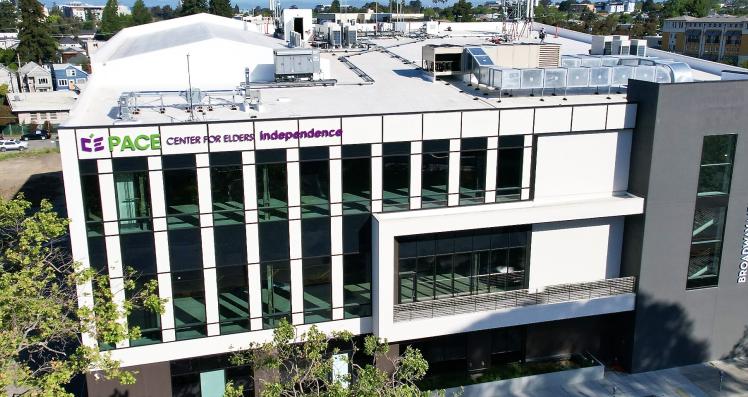
By Dr. James Mittelberger, MD, MPH, CEI Chief Medical Officer
Many of us are concerned about developing dementia — the loss of memory and cognitive function. A common myth is that there is nothing we can do to prevent it. While a main cause of dementia is genetic and not in our control, many controllable factors have a significant impact on risk.
Fortunately, the same activities that can prevent dementia are the same that can help us live a vibrant, healthy life.
- Exercise — Engaging in vigorous exercise has a significant effect on reducing the risk of dementia. It improves brain circulation and function and has been shown to stimulate the growth of new brain cells in memory areas. Exercise causes the release of brain-derived neurotrophic factor. Even 35 minutes a week of exercise makes a difference, but 30 or more minutes of moderate and even some strenuous exercise a day is best.
- Use it or lose it — Challenging yourself to learn and stay engaged is essential to brain health. This does not have to mean doing crossword puzzles. Challenging yourself and being socially engaged are critical to keeping brain cells healthy and growing. The effects of lifelong engagement in education and learning are cumulative, providing a protective shield against dementia for many years to come.
- Protect and support your hearing and vision — Part of keeping the brain healthy is to keep the inputs as strong as possible. Hearing aids and treatment for vision problems, such as cataracts, have been shown to reduce the risk of dementia.
- Eat a heart and brain-healthy diet — The same diet that protects your heart has been shown to be protective of your brain. Some of this is related to cholesterol and lipids. Diet also has a significant impact on inflammation, which is closely related to dietary choices. A diet rich in fruits and vegetables and low in meat, saturated fat, and meat protects your brain. Mushrooms may be especially valuable as an antioxidant.
- The use of the correct medications is also critical to protect your brain — Control of hypertension is proven to help prevent dementia, so using this medication is often essential. On the other hand, many medicines that impact neurochemicals are toxic to the brain and can accelerate the development of dementia and need to be avoided.
- Sleep and rest — Recent remarkable studies show that lack of sleep in middle age can be related to later dementia. Sleep allows the brain to clear toxins and heal damage and is essential to long-term brain health.
Expert Care with CEI PACE
At CEI, our clinical team is focused on helping you live your best possible life. We will work to ensure that we are focused on what matters most to you and develop a care plan that keeps you healthy and helps prevent dementia for as long as possible. For more information, click here or call us at (844) 319-1150.

